The Practical Benefits Of Knowing Math – The 10 Best Industries For Math Geeks
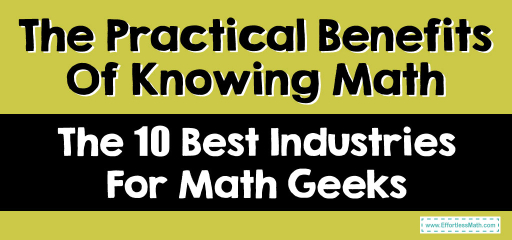
If you’re passionate about mathematics and you’re interested in pursuing a degree or career using your math skills, you might wonder what your future looks like. We were always told in school that we would use math every day of our lives, but is this really true?
Well, it all comes down to which career path you choose. Fortunately for the math-lovers among us, there are various industries that use a version of math in job roles, ideal for those who like to challenge their brains.
1. Programming
Programming is highly technical. Those involved write and test code for computer software and applications. They write new programs and also update existing ones, find and fix bugs, and correct faulty lines of code.
Math forms the basis of programming. Basic arithmetic is used for operations and to understand complex computer languages like Java and C++. Software engineers will use calculus to analyze time complexity (which measures how an algorithm’s performance changes with input size), while concepts like set theory are important for database management.
2. Game Development
Math is an essential part of video game design. The depth of your math skills and the complexity of the math will depend on the type of game that’s being designed.
For example, a basic game with a single quest will require basic arithmetic. Combat games may need additive or multiplicative multipliers for damage. Game system designers use algebra to adjust gameplay systems.
All types of games use a level of math, from Tetris to casino games. The top casino sites, like those listed on adventuregamers.com, make use of statistics, algorithms, and probability to create fair games that drive a profit for the casino platform while enabling players to make wins, as well.
Although you don’t need to be a math geek to create games, you do need a solid understanding of mathematical concepts if you want to create a realistic and engaging game.
3. Healthcare
Several roles within the healthcare industry require people who have a math degree.
Medical scientists are investigators, creating hypotheses and testing their theories with experiments. For example, a medical scientist in oncology may test a combination of drugs that may slow the progression of cancer. Although this role also requires the study of science, math plays an important role.
Biomedical engineers also require a strong mathematics background. They design, test, and update products used for diagnosis, as well as artificial limbs and other equipment. These engineers work together with medical scientists and healthcare professionals to design high-tech devices.
4. Finance
It should come as no surprise that the finance industry is filled with math whizzes. Financial analysts, auditors, and accountants all use math to perform their jobs.
Financial analysts consider investment opportunities, studying current and past financial information and trends, and liaising with companies to improve the business’s financial prospects. Fund managers, risk analysts, and portfolio managers all use math each day.
Auditors study the financial records of companies or individuals and report their findings to stakeholders. Internal auditors work for the company and spot how funds are being mismanaged. External auditors are employed by a third-party company to perform the same job.
Maths, accounting, and taxation are all important subjects for those in the financial industry.
5. Engineering
Math is an essential part of engineering. Within the engineering industry, there are various sectors, including civil, mechanical, and chemical. Each of these requires complex mathematical skills.
- Civil engineering: These engineers design infrastructure (like roads, sewerage pipes, dams, and bridges). They are involved in all parts of the process, from initial concept to construction and signing off on the project. Maths is used to ensure the safety and stability of the projects.
- Mechanical engineering: These engineers work with mechanical systems and devices. They design, build, and improve equipment for clients and are involved in all stages, from designing to manufacturing. Mechanical engineers rely heavily on mathematics in various applications, including thermodynamics, fluid dynamics, and structural integrity.
- Chemical engineering: Chemical engineers combine chemistry and maths to design chemicals and products. They work on research and development, testing, and production of these products. Mathematical tools and concepts are used to analyze and optimize chemical processes. This includes algebra and calculus, as well as differential equations and numerical methods.
6. Meteorology
Meteorologists use calculus, physics, climatology, thermodynamics, and technology to analyze atmospheric data and attempt to predict the weather and climate, as well as other natural global events. Weather stations and satellites provide data, which is then interpreted by the meteorologist. They can work in the public sector or for private companies. Meteorologists don’t just predict whether it will be a sunny or rainy day; they can spot severe weather events, conduct research to improve weather prediction models, and even be involved in weather modification programs like cloud seeding.
Math is predominantly used in numerical weather prediction, which uses mathematical models with data from the atmosphere and oceans.
7. Information Technology (IT)
The information technology (IT) industry relies heavily on mathematics. It’s used in algorithm design, data analysis, cryptography, and simulation. The math fields that are most important in IT are linear algebra and calculus.
Consider an IT manager. This person has oversight of a business’s computers, equipment, and software. They have to manage IT networks, diagnose issues, and design a company’s online infrastructure. These tasks all require knowledge of math, along with computer science and project management.
8. Education
It should come as no surprise that math geeks will find their peers in the education industry.
Mathematics teachers instruct students across all grades in math. They have to either develop their own math curriculum or teach the state’s curriculum, design and mark exams, and often engage one-on-one with struggling students. At lower grades, math teachers will cover basic concepts, while high school teachers may only teach a specific type of math, like algebra, statistics, or geometry.
College and university professors typically design their own course outlines, plan their lessons and assignments, and work with their colleagues to update current math programs at the facility. Professors usually focus on only one complex aspect of math required by the class to complete their degrees.
9. Data Analysis
Data analysis is a broad term and is used across various industries. Within this sector, there are data scientists and data analysts.
- Data scientists: Build new modeling, data mining, and data production processes. They also interpret data studies and experiments to develop algorithms, prototypes, and predictive models.
- Data analysts: They use complex mathematical and analytical processes to help businesses identify inefficiencies and make data-driven decisions. They commonly use statistics to interpret findings and prepare reports on business trends and future predictions.
10. Economy
Those who want to apply their math knowledge to a global industry should consider becoming an economist. These math experts study the needs of society along with the resources that are available. Economists can work with small communities or entire countries, helping to shape legislation around tax, trade, and interest rates.
Economists conduct research, collect data, and present their findings to those who employ them.
Wrapping Up
Just because someone enjoys math doesn’t mean they’ll be behind a desk doing sums all day. There are so many different industries that rely on math experts to perform various tasks and ensure continuous development in the sector. From finance to climate, game design to engineering, math can be applied to almost every industry.
Frequently Asked Questions
How do you add and subtract mixed fractions?
Adding and subtracting mixed fractions involves a few clear steps. First, ensure that the fractions have a common denominator. If they don’t, find the least common denominator and convert each fraction. Next, add or subtract the fractions while keeping the whole numbers separate. Finally, simplify the result if possible. This basic mathematical skill is invaluable in many technical careers, such as programming, where precision and attention to detail are crucial. For more detailed guidance, check out our resources on how to add and subtract fractions.
What is the relationship between chord and arc?
In geometry, the relationship between a chord and its corresponding arc in a circle is direct and significant. A chord is a straight line segment whose endpoints both lie on the circle’s circumference, and the arc is the curve between these endpoints along the circle. The length of the chord directly influences the length of the arc; a longer chord will subtend a larger arc. This concept is essential in various fields, including those mentioned in the post about industries for math geeks, such as programming, where geometric calculations can optimize and solve graphical programming issues. Understanding these geometric principles can be advantageous in developing algorithms and software solutions. For further exploration of geometric concepts that might enhance programming skills, reviewing topics like circle geometry could be beneficial.
How do I add two angles?
To add two angles, you simply sum their measurements. For example, if you have an angle of 30 degrees and another of 60 degrees, their sum would be 90 degrees. This concept is crucial not only in geometry but also in various industries, such as programming, where understanding angles can be essential for designing and debugging software. If you’re looking for more resources on geometry concepts to enhance your math skills, you might want to explore this ACT Math Formula Cheat Sheet which covers a variety of topics, including angle measures.
Related to This Article
More math articles
- Top 10 4th Grade NYSE Math Practice Questions
- What is the Relationship Between Arcs and Chords?
- How to Evaluate Integers Raised to Rational Exponents
- CBEST Math-Test Day Tips
- 5th Grade GMAS Math Worksheets: FREE & Printable
- A Comprehensive Collection of Free GED Math Practice Tests
- 3rd Grade ILEARN Math Worksheets: FREE & Printable
- 10 Most Common 7th Grade Common Core Math Questions
- 7th Grade NDSA Math Worksheets: FREE & Printable
- 8th Grade Common Core Math Practice Test Questions
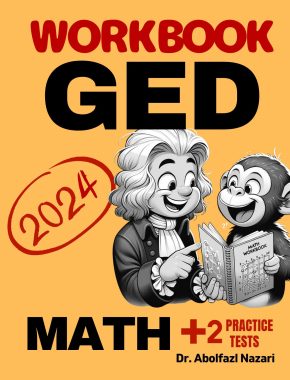
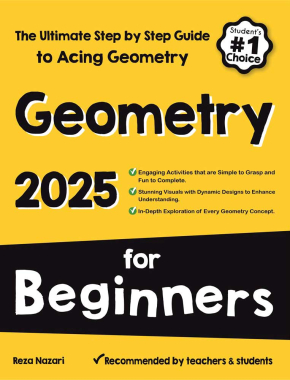
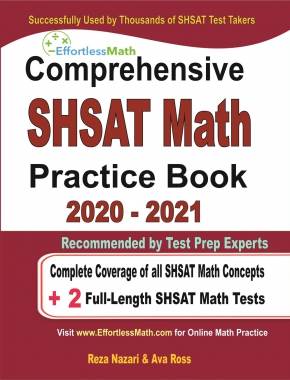

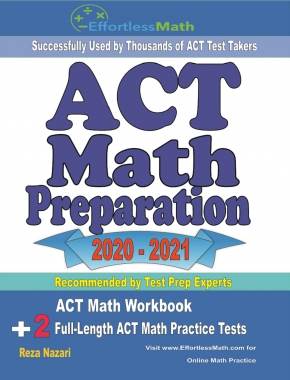
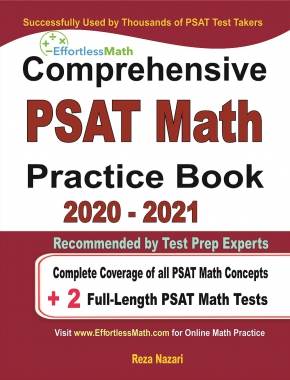
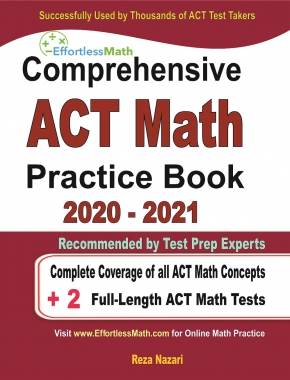
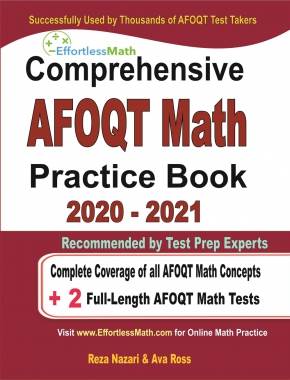
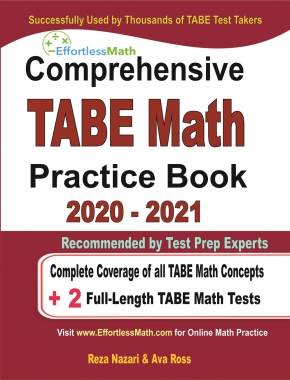
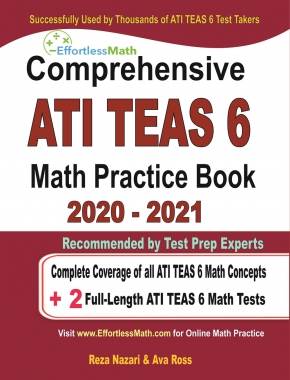
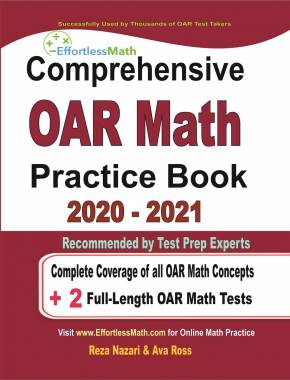
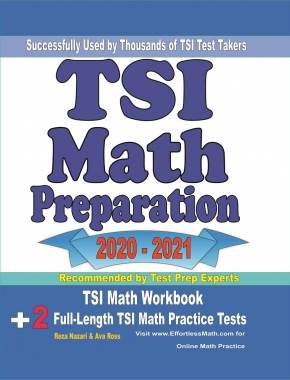
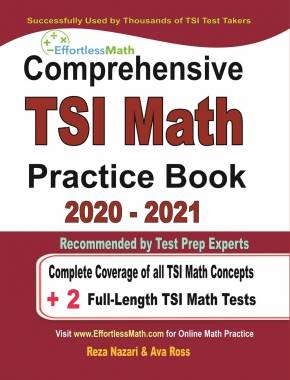
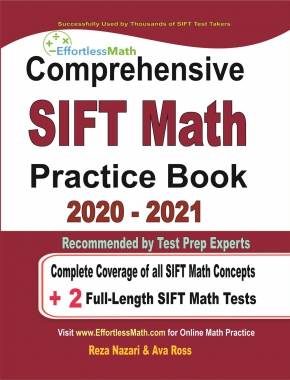
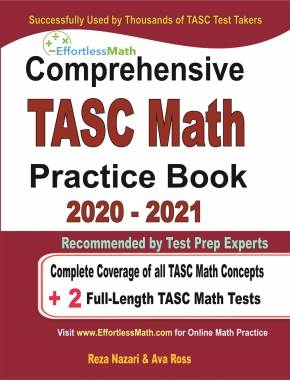
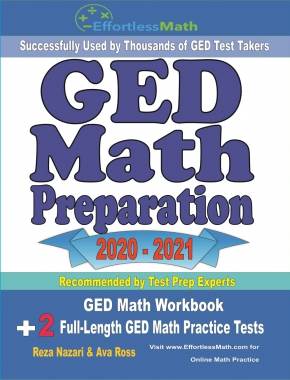
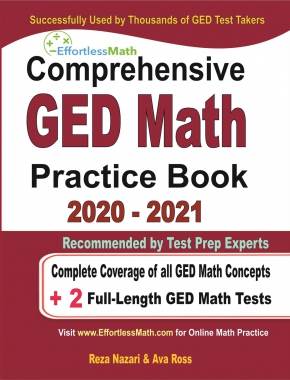




















What people say about "The Practical Benefits Of Knowing Math – The 10 Best Industries For Math Geeks - Effortless Math: We Help Students Learn to LOVE Mathematics"?
No one replied yet.